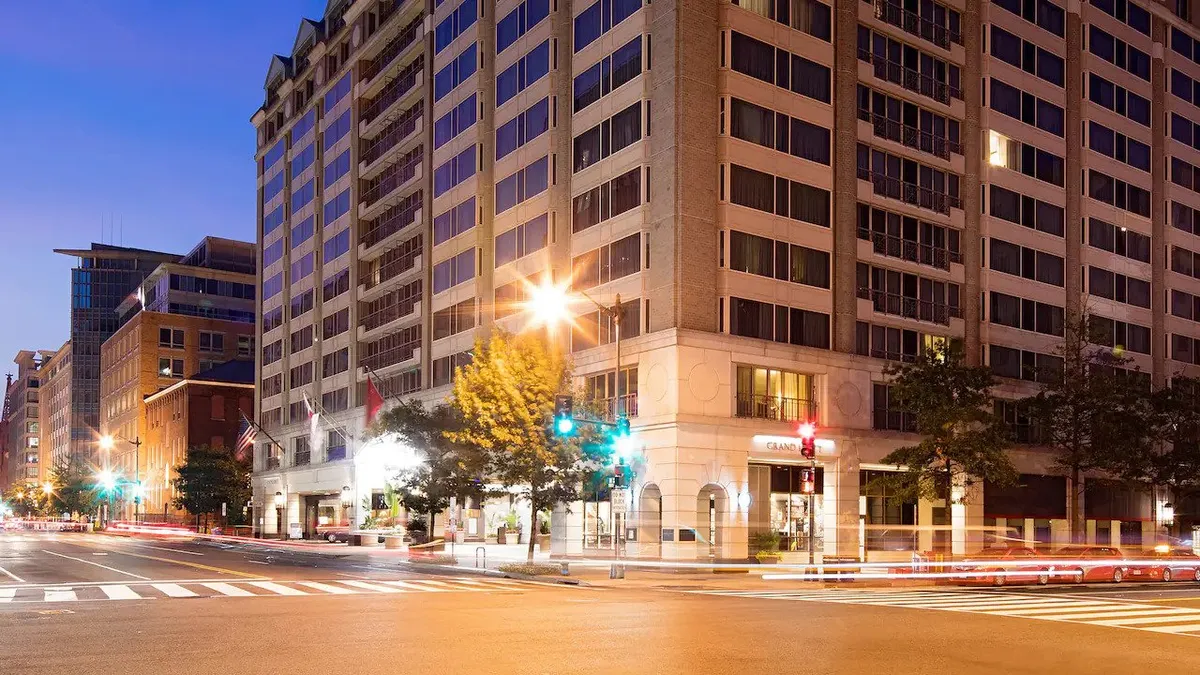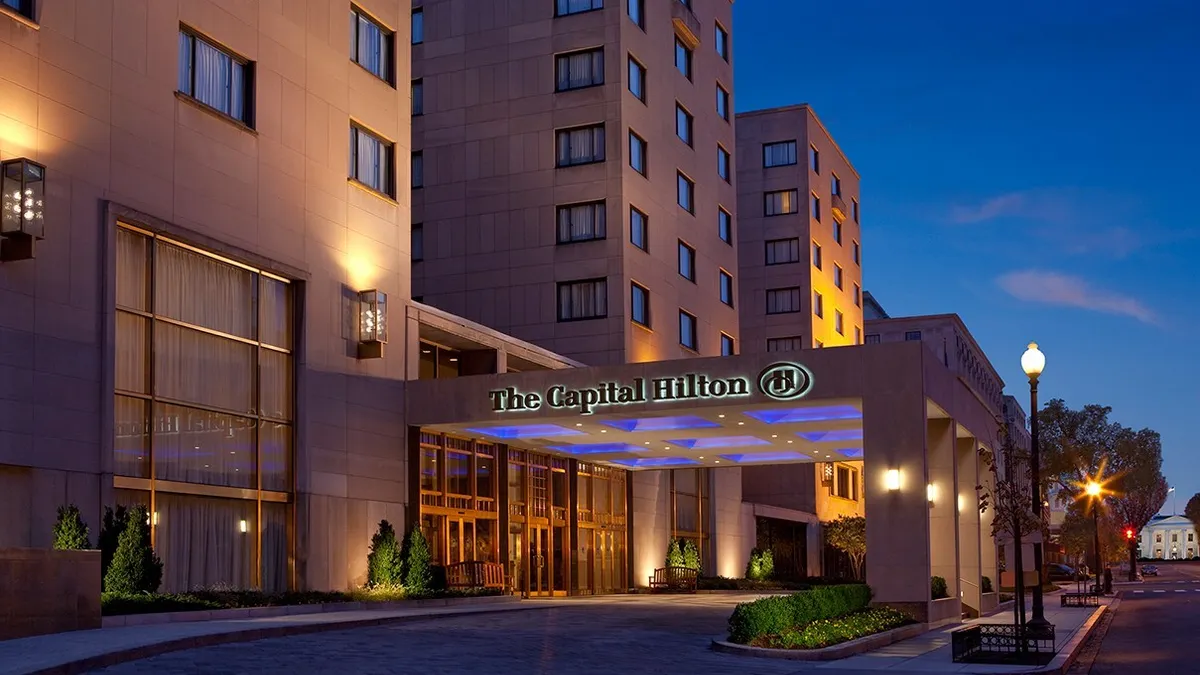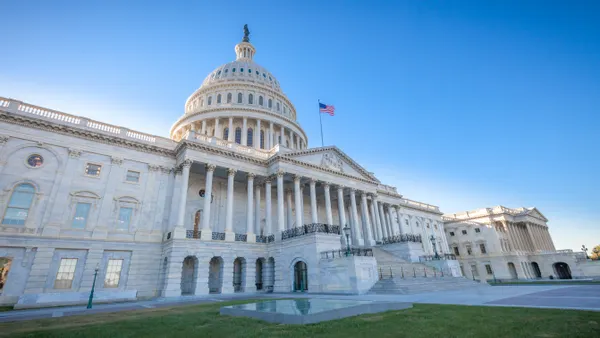Dive Brief:
- Hyatt Hotels Corp. is being sued over “deceptive” fees by consumer protection organization Travelers United, public interest law firm Tycko & Zavareei LLP, which represents the plaintiffs, announced this week.
- The filed complaint alleges that Hyatt has been “systemically cheating consumers out of tens, if not hundreds, of millions of dollars each year” by falsely advertising hotel room rates that do not include the “destination fees” and “resort fees” that get tacked on at the end.
- The suit makes Hyatt the latest in a string of hotel companies to face litigation over what some call “junk fees” – mandatory fees tacked onto a hotel’s room rate that makes the advertised cost per night appear lower than what a guest eventually ends up paying.
Dive Insight:
Travelers United Chief Legal Officer Lauren Wolfe hopes the lawsuit will “permanently end” the practice of junk fees.
“Junk fees are not just greedy and deceptive. They are illegal,” Wolfe said in a statement. “American consumers are sick and tired of corporations taking advantage of them with relentless junk fees.”
Travelers United’s complaint centers on the Grand Hyatt Washington’s $20-per-night “destination fee.” Because Hyatt bundles the charge into a “taxes and fees” portion of the bill disclosed late in the checkout process, it appears like a mandatory government fee, the complaint claims.
The Federal Trade Commission defines junk fees as “unfair or deceptive fees that are charged for goods or services that have little or no added value to the consumer.” Travelers United’s suit claims that Hyatt’s resort fees are a violation of the District of Columbia’s Consumer Protection Procedures Act.
Peter Silva, one of the group’s attorneys, said he is “confident that at trial, a D.C. jury will find that Hyatt violated the law.”
Marriott International was also sued over junk fees this summer, with two hotel guests in California claiming they’d been hit with “unfair, deceptive, untrue and misleading” fees. The company had previously agreed to update its room rate transparency on its website and app in response to a fine from Pennsylvania’s attorney general.
In 2021, Travelers United filed a similar complaint against MGM Resorts, alleging its resort fees mislead travelers into thinking room rates are lower than they really are.
Multiple government officials have taken aim at junk fees this year. In July, U.S. Senators Amy Klobuchar and Jerry Moran introduced the bipartisan Hotel Fees Transparency Act, which would require hotels and short-term rentals to clearly show the final price of rooms they advertise.
President Biden addressed hotel fees directly in his State of the Union speech in February, in which he proposed the Junk Fee Prevention Act. The act was introduced to the Senate in March.










